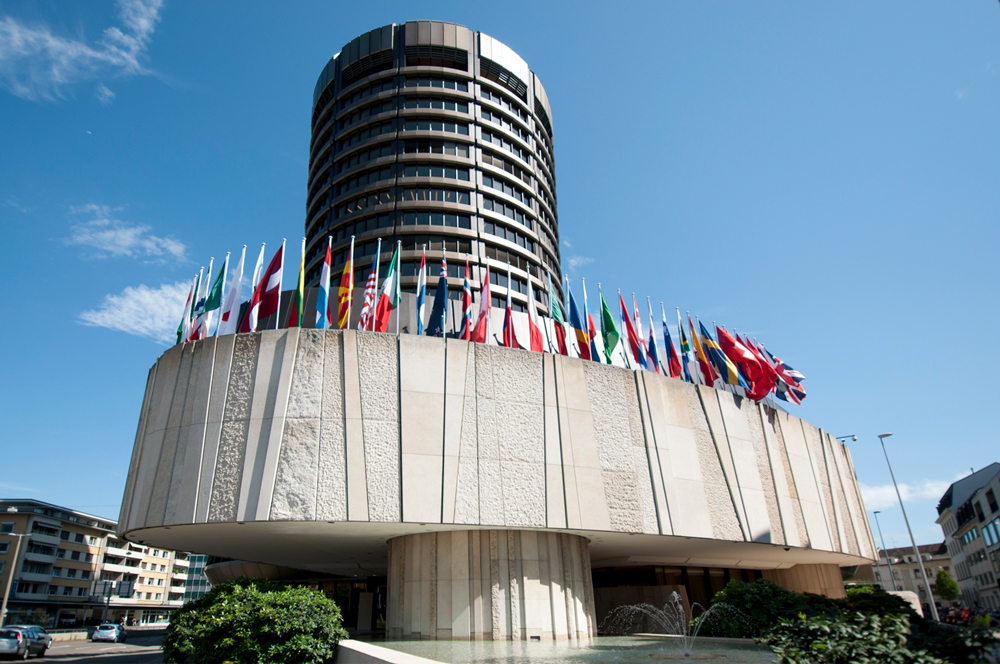History - the BIS in the new financial architecture (1997-)
Transforming the governance structure of the international financial system
The Asian crisis of 1997 and the Russian crisis of 1998 prompted further rethinking of the global financial architecture. In February 1999, the G7 Finance Ministers and Central Bank Governors created the Financial Stability Forum (FSF) - which became the Financial Stability Board (FSB) in 2009 - to coordinate at the international level the work of national financial authorities and international standard-setting bodies, and to develop and promote the implementation of effective regulatory, supervisory and other financial sector policies in the interest of financial stability. BIS General Manager Andrew Crockett was appointed the first Chairperson of the FSF in a personal capacity (1999-2003) and the FSF's secretariat was based at the BIS in Basel.
The outbreak of the global financial and banking crisis in 2007-08 accelerated the transformation of the governance structure of the international financial system. As a result, the G10, long the main organisational grouping in international financial policymaking (including at the BIS), was superseded by the G20 grouping of major advanced and emerging market economies. At the same time, the work carried out by the BIS, the IMF, the OECD and other organisations has become more integrated, not least thanks to the efforts of the FSB. Since the 1990s, the committees that meet at the BIS and the secretariats it hosts have all gone through this process of widening their membership and strengthening their cooperation with other international bodies and organisations, to remain globally representative.
A heightened emphasis on financial stability
The crisis that started in 2007-08 has had a major influence on BIS research and on the work of the Basel-based committees and secretariats. Even before that, BIS economists had issued warnings about the dangerous build-up of imbalances in the global financial system. The crisis has led to renewed and heightened emphasis on financial stability issues, particularly the need for a macroprudential approach to financial stability. The work of the Basel-based committees - the BCBS, CGFS, CPMI and Markets Committee - has been shaped by the need to address these challenges and has expanded accordingly.
Another focus has been on providing more timely and more relevant financial statistics. The BIS banking statistics have long provided a unique means of assessing key vulnerabilities. As part of continuous enhancement efforts, a central data hub was established at the BIS in 2012 to provide national supervisory authorities with improved data on the credit exposures of global systemically important banks.
Through these initiatives, the BIS aims to remain true to its historical and present mission, which is to serve the global central bank community, to foster cooperation between central banks and to promote monetary and financial stability.


